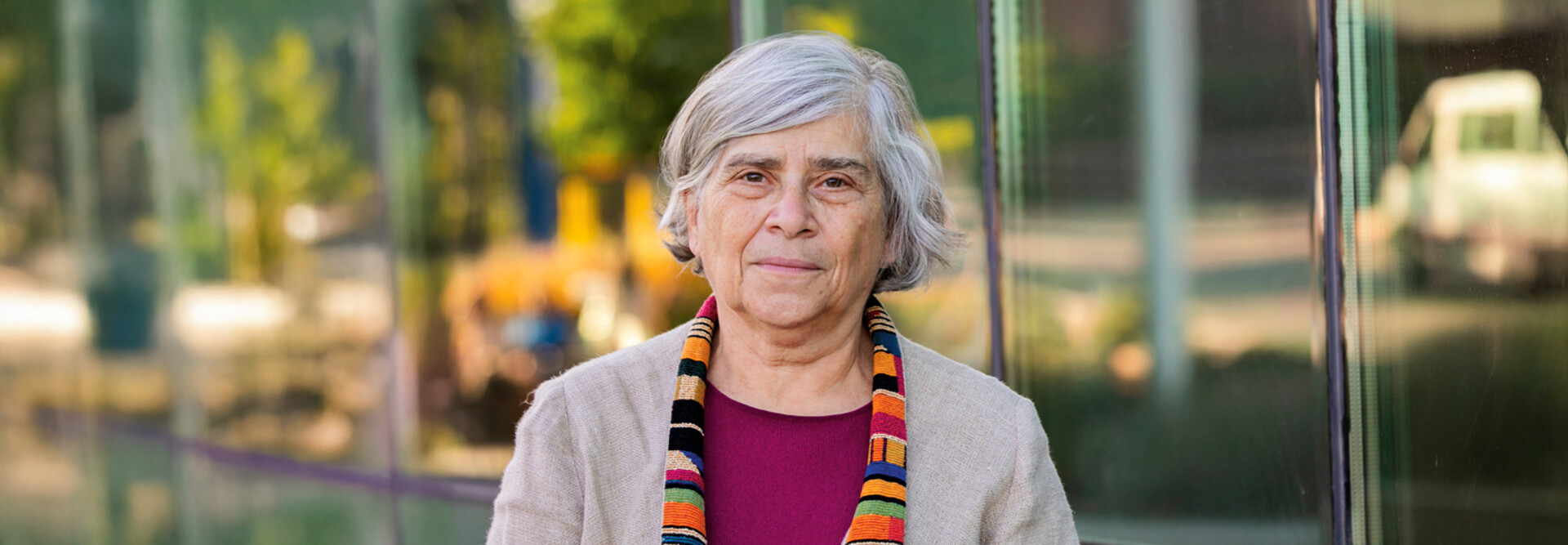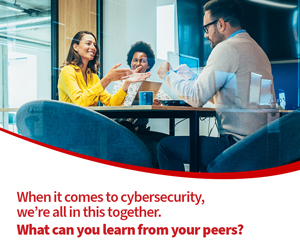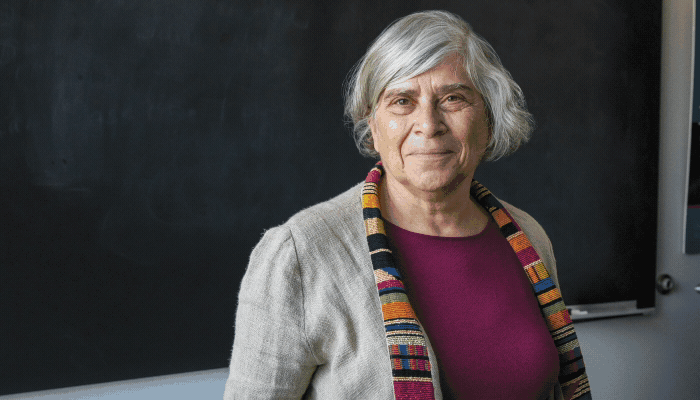The degree takes policy students and helps them gain important technology and cybersecurity knowledge. Similarly, it ensures computer science and cybersecurity majors gain important training in the principles of public policy.
Landau is also the founding director of Tufts’ Cybersecurity Center for the Public Good. She recently spoke to EdTech about the critical importance of protecting systems, democratic institutions and global citizenry from the grave threats posed by cybersecurity bad actors and harmful nation-states.
EDTECH: Please tell us about the genesis for these programs.
LANDAU: In 2020, Tufts launched a master’s degree in Cybersecurity and Public Policy, and I was the initial founding director, from 2019-2023. That’s a degree that takes either tech people or policy people; that could be somebody with an undergraduate degree in economics, political science or international relations, or even something further afield. We teach them some tech and some policy. They've gone off to jobs, sometimes in the government, sometimes in the private sector and some in the nonprofit sector as well. They understand both the policy side of cybersecurity and also the tech side of cybersecurity policy. I'm really pleased with the program.
When I was on sabbatical, I was asked to direct our new Cybersecurity Center for the Public Good. It’s a center in cybersecurity, not cybersecurity policy. We've supported a couple of workshops this past year: one in anonymity, one looking at potential governmental regulatory solutions to increase the security of network communications. I am planning a workshop for the fall on what cybersecurity for the public good actually means. That will involve some policy people and some technical people.
RELATED: Cyber ranges at these universities prepare students for cybersecurity careers.
EDTECH: The center has done a lot of work to support under-resourced nonprofits. Why nonprofits in particular?
LANDAU: Ming Chow, who leads the clinic, has done several consultations with very small nonprofits — five to 10 employees. The consulting course that Ming has designed is an essential part of any kind of representative democracy. These deal with what is, in a sense, the interface between legislators and the public, transmitting information both ways. It turns out that some of the bigger nonprofits Ming has helped are, in fact, the subject of attacks by nation-states, because that is a way to undermine democracy. They’re very important, but they don’t get the same kind of coverage by the press as business and industry do in terms of cyberattacks. And yet, the disruption it can cause to society is actually quite big. They’re all under-resourced.
Speaking as a researcher, not as the director of the center, one of the things that’s important is that there will be commercial solutions, essentially consumer solutions, and security that will make it possible for a journalist to communicate securely without having to get a custom solution built, for example. Many of these nonprofits don’t have a dedicated staff to create or develop this type of solution, and that’s an argument for consumer solutions.












